We, as humans, must stop adapting to the unbearable

It is astonishing the tenacity with which we cling to the untenable. We humans seem to have an infinite capacity to adapt to the unbearable, but when it comes to suggesting a solution, we resist with admirable, if misdirected, strength. We complain endlessly about problems, but are adamant in our belief that nothing better is possible.
This is, in a word, stupid.
Consider our modern cities, particularly those in South Asia. They are highly polluted. People regularly die on the roads. We spend a fortune building new roads, flyovers, and elevated expressways, and then spend some more on vehicles to drive on them. We spend hours stuck in traffic every day. But if anyone suggests that perhaps our current approach to movement in cities is wrong, we write them off as crazy or impractical or unrealistic.
As if our current situation is sane, practical, and realistic.
Sometimes I think that humans are actually too adaptable. We learn to live with the unbearable. Air pollution and road crashes kill us, noise drives us crazy, and yet we fail to act urgently about these matters. We aren't happy that children can't play outdoors, but hey, they've all got smartphones now. The climate crisis threatens our very survival, and yet we can't be bothered to act about it, because we're too distracted by studies, work, and social media.
There exists a very different possibility for our cities. It's a radical solution to much of what ails us. It would be incredibly difficult to achieve, but if we were to achieve it, our lives would improve dramatically. It takes courage to dream of something radically better. And it requires intelligence, strategy, and persistence to achieve it. But if more of us dreamt it and worked towards achieving it, we could make it a possibility – and that would make it all worthwhile.
Major improvements in our lives have not come about by accepting misery as inevitable. People have risen up and protested, whether it be against insane working hours, terrible working conditions, or denying women the right to vote. People dreamt big, worked hard, and through their dedication, intelligence, strategy, and persistence, they brought about change. Others called them crazy. Others told them they would never achieve their goals. But rather than listen to the naysayers, they persisted. Rather than be discouraged by their failures, they learnt from them. And we have them to thank for much that is better in our lives today.
Now, imagine being able to walk safely and comfortably in cities, without fearing being hit by a car, without choking on car exhaust, without being subjected to constant honking. Imagine being able to move around by bicycle, reaching your destination in little time and essentially at no cost. Or taking a rickshaw or a tram and actually arriving at our destinations in a reasonable amount of time.
Imagine children playing outdoors – remember when that was a thing? Skating, cycling, playing badminton, chasing each other, laughing. Clusters of school children walking or cycling to school together.
But why just children? Imagine youth having space outdoors to socialise and the ability to move about actively and safely. Adults, too, of all ages, walking, taking bicycles or rickshaws. Benches on the footpaths where people can rest under the shade of a tree.
Trees? Did I mention trees? Imagine a city with more parks, canals, and other green space. A city that is cooler, thanks to all the dirt, water, and trees. A city that doesn't flood despite the worsening climate crisis, thanks to plenty of natural drainage. Rainwater seeps into the soil and replenishes the groundwater. Because there's space for that now. Because that's what we prioritise now.
A city that invites nature back in. Connected green spaces populated with local birds. Clean canals populated with local fish. Air that nourishes rather than poisons us. Cities that are good for our health, for the health of other creatures, good for our pocketbooks. Cities that are safe, pleasant to live in. I know, it's hard to imagine. And you're wondering, "Okay, sure, but what do we have to give up?"
Well, of course you'd have to give something up. Nothing comes for free! You'd have to give up, let's see… filthy air. Terrible congestion. Frequent road crashes. And, yeah, the convenience and "status" of owning/using an automobile or a motorbike.
Debra Efroymson is executive director at the Institute of Wellbeing, Bangladesh and senior advisor at the Canadian NGO HealthBridge. She recently gave a TEDx talk on car-free cities.

 For all latest news, follow The Daily Star's Google News channel.
For all latest news, follow The Daily Star's Google News channel. 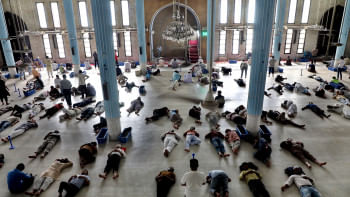
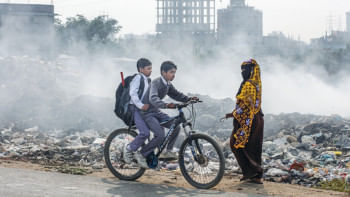
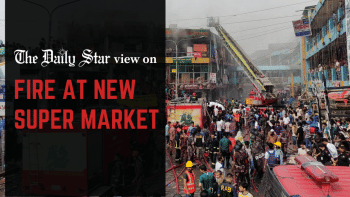
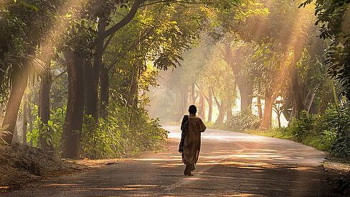


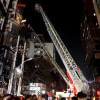

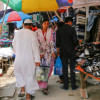
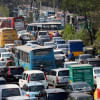
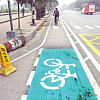


Comments